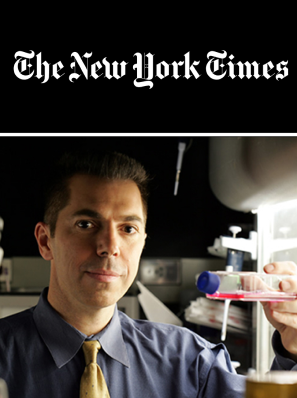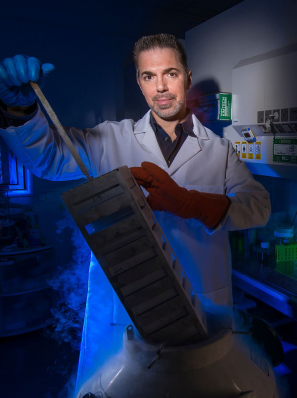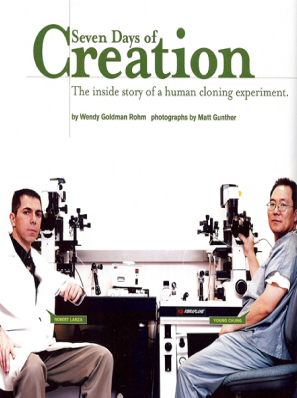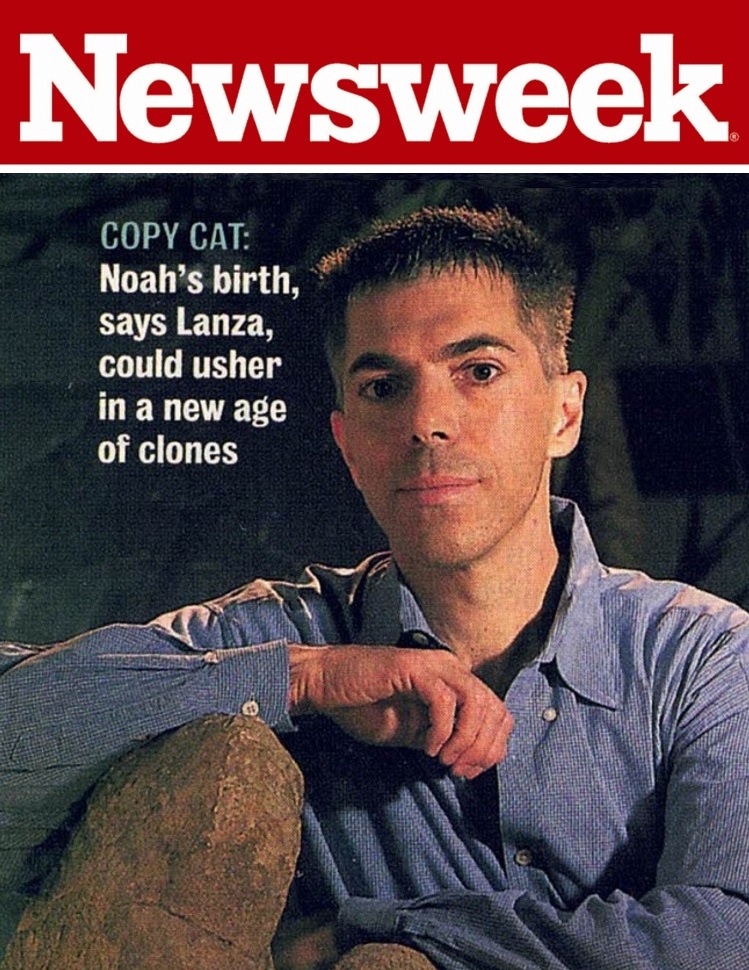By: Sadhana Agarwal, Katherine L. Holton, Robert Lanza
Differentiation of human embryonic stem cells (hESCs) to specific functional cell types can be achieved using methods that mimic in vivo embryonic developmental programs. Current protocols for generating hepatocytes from hESCs are hampered by inefficient differentiation procedures that lead to low yields and large cellular heterogeneity. We report here a robust and highly efficient process for the generation of high-purity (70%) hepatocyte cultures from hESCs that parallels sequential hepatic development in vivo. Highly enriched populations of definitive endoderm were generated from hESCs and then induced to differentiate along the hepatic lineage by the sequential addition of inducing factors implicated in physiological hepatogenesis. The differentiation process was largely uniform, with cell cultures progressively expressing increasing numbers of hepatic lineage markers, including GATA4, HNF4, alpha-fetoprotein, CD26, albumin, and alpha-1-anti-trypsin, Cyp7A1 and Cyp3A4. The hepatocytes exhibited functional hepatic characteristics such as glycogen storage, indocyanine green (ICG) uptake and release, and albumin secretion. In a mouse model of acute liver injury, the hESC-derived definitive endoderm differentiated into hepatocytes and repopulated the damaged liver. The methodology described here represents a significant step towards the efficient generation of hepatocytes for use in regenerative medicine and drug discovery.
To view the rest of this article or download it, Click Here.













